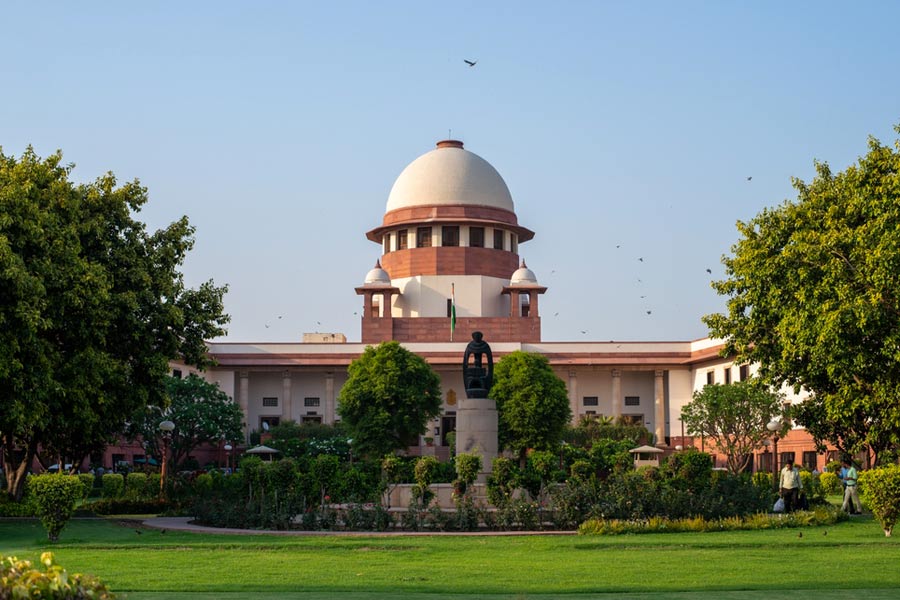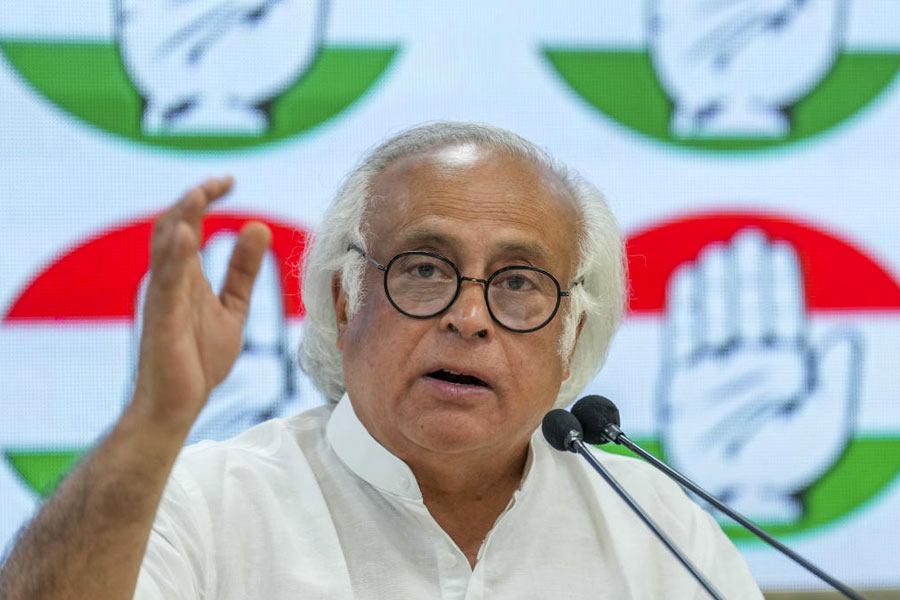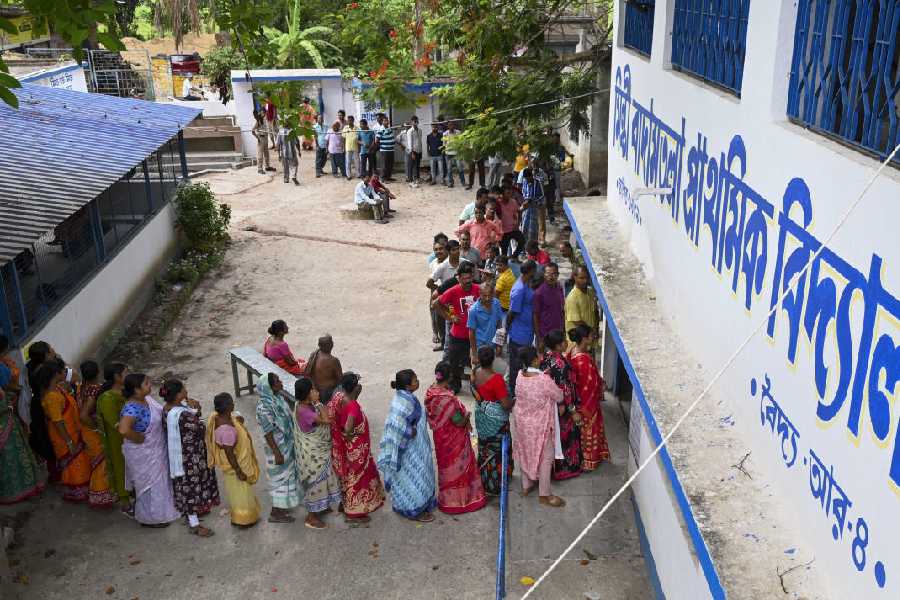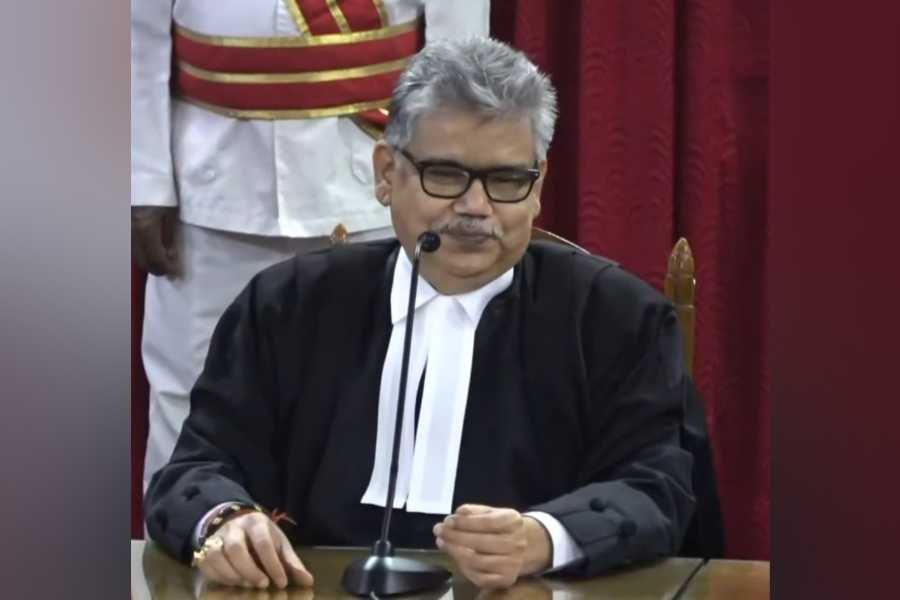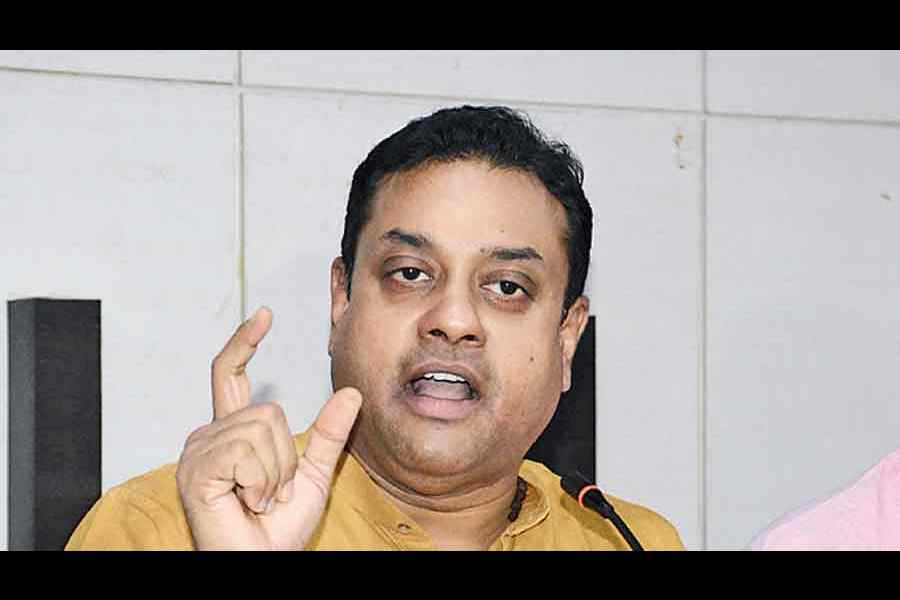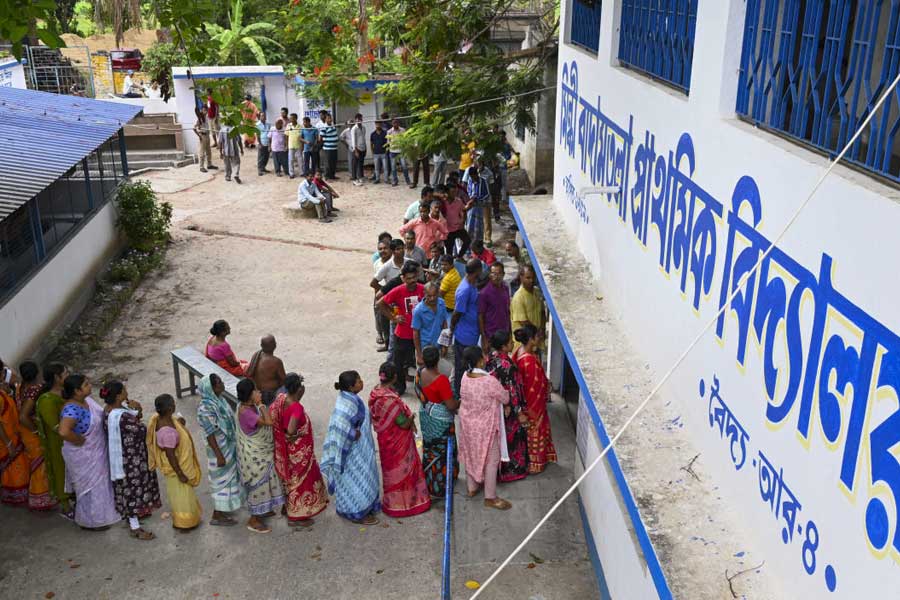The Supreme Court on Tuesday stayed an Allahabad High Court order that allowed a court-monitored survey of the Shahi Idgah mosque complex adjoining the Krishna Janmabhoomi temple in Mathura.
However, a bench of Justices Sanjiv Khanna and Dipankar Datta, while staying the December 14 order of the high court, said the latter was free to continue with the hearing of other related issues in connection with the batch of suits filed by Hindu groups over the title dispute.
Justice Khanna, who was heading the bench, said the apex court had “reservations” about the application filed by one of the Hindu claimants on the basis of which the high court had passed the order.
The bench agreed with the plea of advocate Tasneem Ahmadi, appearing for the mosque committee, who contended that the high court had passed an erroneous order by allowing an application that was contrary to a recent judgment of the Supreme Court.
Ahmadi referred to the apex court judgment in the “Asmat Latheef Vs Shabbir Ahmad” case wherein it was ruled that when the maintainability of a civil suit is questioned, the trial court, before deciding to grant any interim relief, is bound to at least make a prima facie satisfaction regarding the maintainability of the suit itself.
In the present case, Ahmadi said the high court ignored the judicial precedent while passing its directions.
Senior advocate Shyam Divan, representing one of the Hindu groups, opposed any stay on the ground that the high court had passed the directions after carefully examining the issue.
However, Justice Khanna said the application filed for the appointment of a court commissioner was vaguely drafted but still the high court had passed the direction.
“There are legal issues that arise. That apart, the application for local commissioner is very vague. Can an application be made like this?” the bench asked.
It added: “You cannot make an omnibus application like this. You have to be very clear…”
While listing the matter for further hearing to January 23 to enable the Hindu group to file its response challenging the appointment of the court commissioner, the bench stayed the high court order.
“Issue notice returnable on January 23, 2024. Some legal issues arise for consideration, including the question in light of a judgment of this court in Asma Lateef… proceedings before the high court can continue but the commission will not be executed in the meantime,” the bench said.
On September 22 last year, the apex court had refused to direct a scientific audit of the disputed Shri Krishna Janmabhoomi-Shahi Idgah Masjid land in Mathura to determine the relative ownership claims of the two communities as it said it was for Allahabad High Court to determine the various contentions raised in the controversy.
The top court had passed the earlier directions while refusing to entertain the special leave petition filed by the Krishna Janmabhoomi Mukti Nirman Trust against a July 2023 order passed by Allahabad High Court refusing to entertain its plea for directing a scientific audit of the disputed premises to decide the ownership claim.
The land currently under the control of the Shahi Idgah Masjid Trust is claimed to be the original birthplace of Lord Krishna by Hindus who argue that an existing Lord Krishna Temple was demolished by the Mughals to build the masjid.
In its earlier order, the top court had noted that Allahabad High Court would be the court of first instance and the sole competent court to adjudicate the issues pertaining to the appointment of a local commission as provided under the Civil Procedure Code Order 26, Rule 9 (procedural directions) and also Order VII, Rule 11 relating to rejection of plaint filed by the Masjid Trust.
Since various issues pertaining to the dispute had already been transferred to itself by Allahabad High Court, it was now left open to the latter to decide the relative claims and objections by the various parties to the dispute, the apex court had said in its September 22 order.

